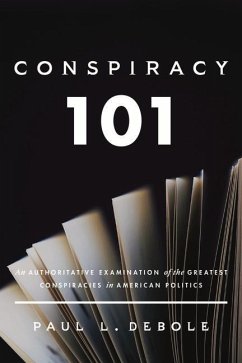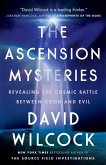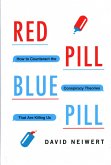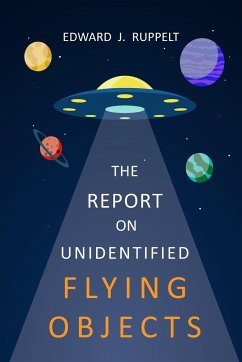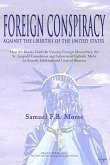For decades, society has viewed "conspiracy theorists" as people who live in their parents' basement, wearing baseball caps lined with aluminum to keep the Martian death rays away. But the truth is that conspiracies are not reserved for people with a tenuous grasp of reality; to some extent, we all want to know the unknowable. In Conspiracy 101, political science professor Paul DeBole delves into the why, how, and what of conspiracy theories: why humans are prone to believing-and spreading-misinformation; how the nature of our political institutions fosters distrust, paving the way for conspiracy theories to run rampant; and what we can do to filter out theories that are not based on fact, but rather hearsay, innuendo, or just a "strong feeling." He then breaks down the most notorious conspiracy theories in American politics, including the Lincoln kidnapping plot and his subsequent assassination, the possible escape and eventual suicide of John Wilkes Booth, the JFK assassination, the RFK assassination, Watergate, the Vast Right-Wing conspiracy, as well as modern-day conspiracies based on misinformation and "fake news."
Hinweis: Dieser Artikel kann nur an eine deutsche Lieferadresse ausgeliefert werden.
Hinweis: Dieser Artikel kann nur an eine deutsche Lieferadresse ausgeliefert werden.

